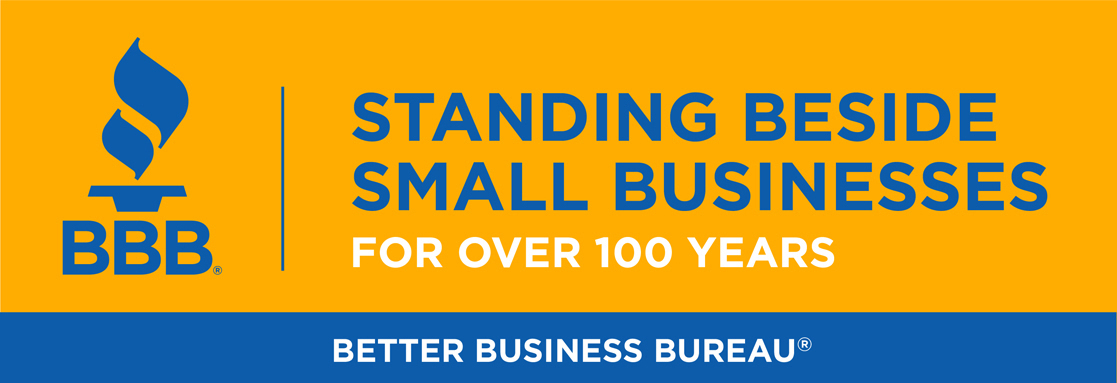Baseball season kicks off this month, and other spring sports like soccer and ice hockey are in full swing right now. Buying online is the easiest way for many people to get tickets to their favorite team’s game, but like any online purchase, ticket sales can be susceptible to counterfeits and scams.
It’s wise to buy your tickets directly from the venue if possible. However, sometimes it makes sense to buy resale tickets. Online ticket marketplaces and resellers can help you get tickets to a sold-out event or at a discount.
That said, it’s easy to fall for fake ticket scams online, or even to simply overpay for a resale ticket. BBB receives thousands of consumer complaints and ScamTracker reports related to ticket sales.
In January 2022, a consumer experienced a common ticket scam: She purchased a ticket after clicking on an ad from a website created to look similar to Ticketmaster, but never received the ticket after paying and was unable to get a response from the seller.
Another consumer tried to buy concert tickets over Facebook Messenger from a person who claimed to have extra in February 2022. The consumer paid for the tickets, but never received them. She later realized the person was posting tickets on multiple Facebook pages and was likely scamming others.
To avoid situations like these, BBB recommends checking online vendors carefully before you buy tickets. You should also be cautious with your money and personal information if you’re considering buying tickets from someone you don’t know personally.
One way to avoid scams and find a trustworthy vendor is to check BBB’s Business Profiles, which include ratings on ticket firms on the secondary market that provide buyer protections.
Here are some tips to help you shop safely so you can enjoy the game:
• Purchase from the venue. This is the best way to make sure you get a legitimate ticket. Many official ticket sales agents now offer resale options, too.
• Know your source. If you aren’t purchasing directly from the venue, the next safest option is a legitimate and accredited vendor. You can look up the seller on BBB.org to check for accreditation and read reviews. You can also check to see if the seller is a member of the National Association of Ticket Brokers, which offers a 200% purchase guarantee on tickets.
• Buy resale tickets from a source that also sells primary tickets. These vendors will create an entirely new bar code when you buy a resale ticket, which ensures you are the only person who can use it. Beware of ticket scalpers (unregulated, unlicensed ticket sellers) and use caution when buying a ticket from someone you don’t know personally.
• Verify trust. When using a resale website, check to make sure it has a secure purchase system by looking for the lock symbol or “https://” in the web address. Don’t click on links to resale websites in emails or ads — one common scam is to create a web address that looks like a well-known company’s and use it to sell fake tickets.
• Use a credit card. That way, you have some recourse if your tickets are fraudulent. You won’t be able to get your money back if you use cash or debit.
• Know the refund policy. Only buy from resellers that provide clear details about the terms of purchase and refund policy. Before you purchase, sellers should tell you the location of your seats and when you will receive the tickets.
• If it sounds too good to be true, it probably is. You may see online ads for tickets at extremely low prices. Use your best judgment — these may be scams, especially if the source isn’t well-known.
• Verify your tickets. You can present your ticket to Will Call, or customer service, at the physical venue to verify whether your ticket is legitimate.
• Download or print your ticket before you reach the venue. Internet connections can be spotty in crowded event venues, and it might be hard to load the ticket on your device when you get there.
• Report scams to BBB Scam Tracker.
For assistance, go to BBB.org or call 888-996-3887.




Facebook Comments